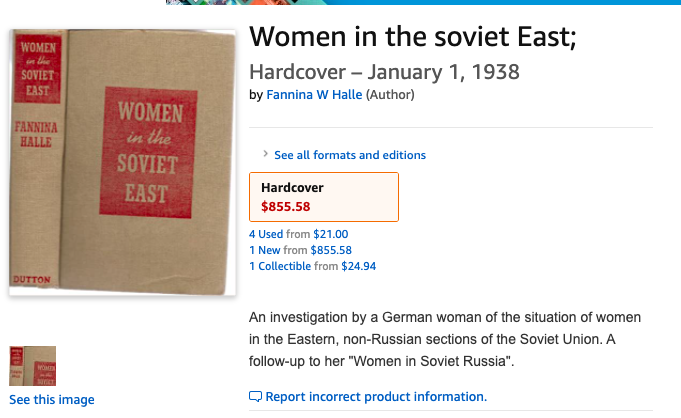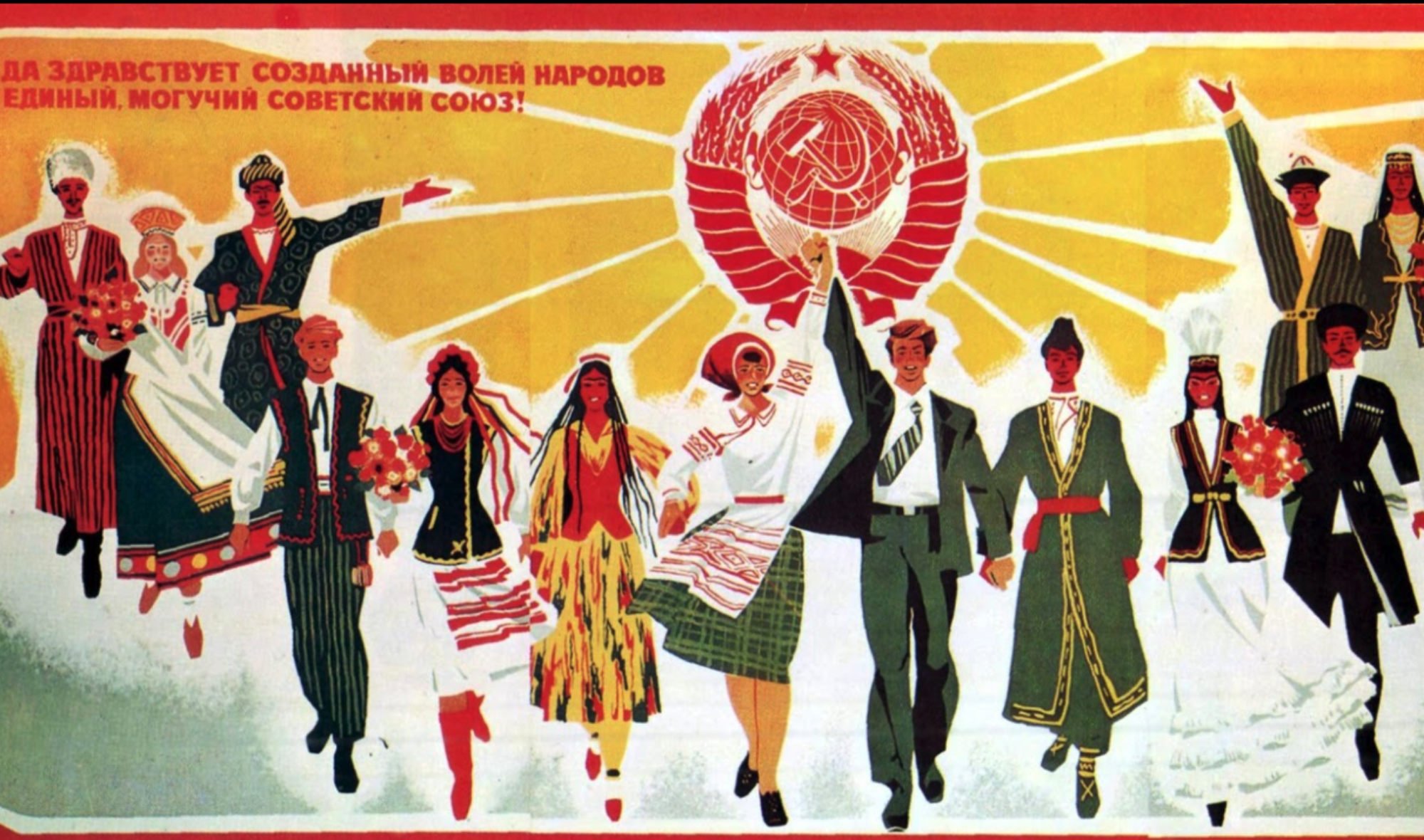Last week, we talked a lot about how the western gaze was applicable to the Soviet’s vision of the veiled Uzbek women. I feel like we really focused on the reported health issues associated with the veil, but I am not sure if we talked about the inherently patriarchal structures at play. There are some points of validity to the claims that women were being oppressed; we see that with the Jahon Obidova story.
As the 13-year-old-fourth-bride to a 65 year old man, Jahon was subjected to horrifying circumstances: “I was not only his slave, without contradiction, silent, obedient, but also the slave of his wives, his children, who repaid all my service daily with kicks, curses, and abuse, because I was still a child who could not stand up to herself, and besides, I was from a poor family” (310).
However, I want to play devil’s advocate and say maybe that this account is the work of Soviet propaganda? I say this because the story fits the party-line a little too well. Also, the citation provided by Marianne Kamp is suspicious. The quote above is cited to her fifth footnote: a book published in 1938 … I want to specify that I am NOT supporting the idea that Jahon did not experience these things, but instead I might suggest that she was encouraged to talk about her experience in a very particular way. Thoughts?
Anyway, I think Jahon’s story further complicates our assessment of the USSR’s cultural programs because she is a success story. Their programs provided her with opportunities that she would not have had.



I think there is a lot of validity to this claim. I think that talking about this issue is always going to be layered and complicated. As, the USSR is doing some clearly helpful things for women. But where is the line crossed? And, how far are they willing to push their narrative? I think using the film Turksib to make my point- clearly the Soviet Union is using propaganda. Such things as films and personal stories are something that easily tugs at the heart strings of consumers. I do not think is a stretch to consider that this could also be used as propaganda, even though it is probably a true story.
I definitely agree with both you and Blake on this. Every time we look at anything produced under Soviet authority, we have this discussion of accuracy. I think what you are proposing is completely reasonable. The chances that the Soviets influenced the way Jahon recounts her experiences is high. On your final point about Jahon’s success with the Soviet cultural programs, I think you bring up a great point. I think we all agree that the Soviet system was very flawed in so many ways, but we do see some success stories. It is very hard to reconcile that with all of the damage they did to so many other people.